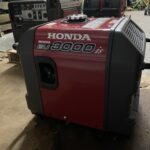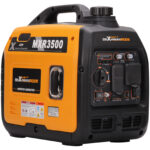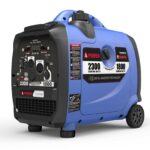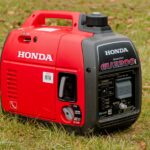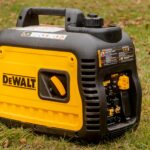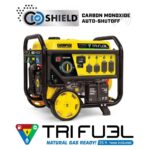A petrol generator is a reliable source of power for generators and can provide a reliable supply of electricity when the mains power fails. It is a great option for those who need to have a backup power source in case of an emergency. Petrol generators are an affordable and efficient way to generate electricity and can be used for a variety of applications, from powering your home during a power outage to providing electricity for outdoor activities. They are also relatively easy to maintain and provide a reliable source of power for a variety of uses.
Gasoline Generators
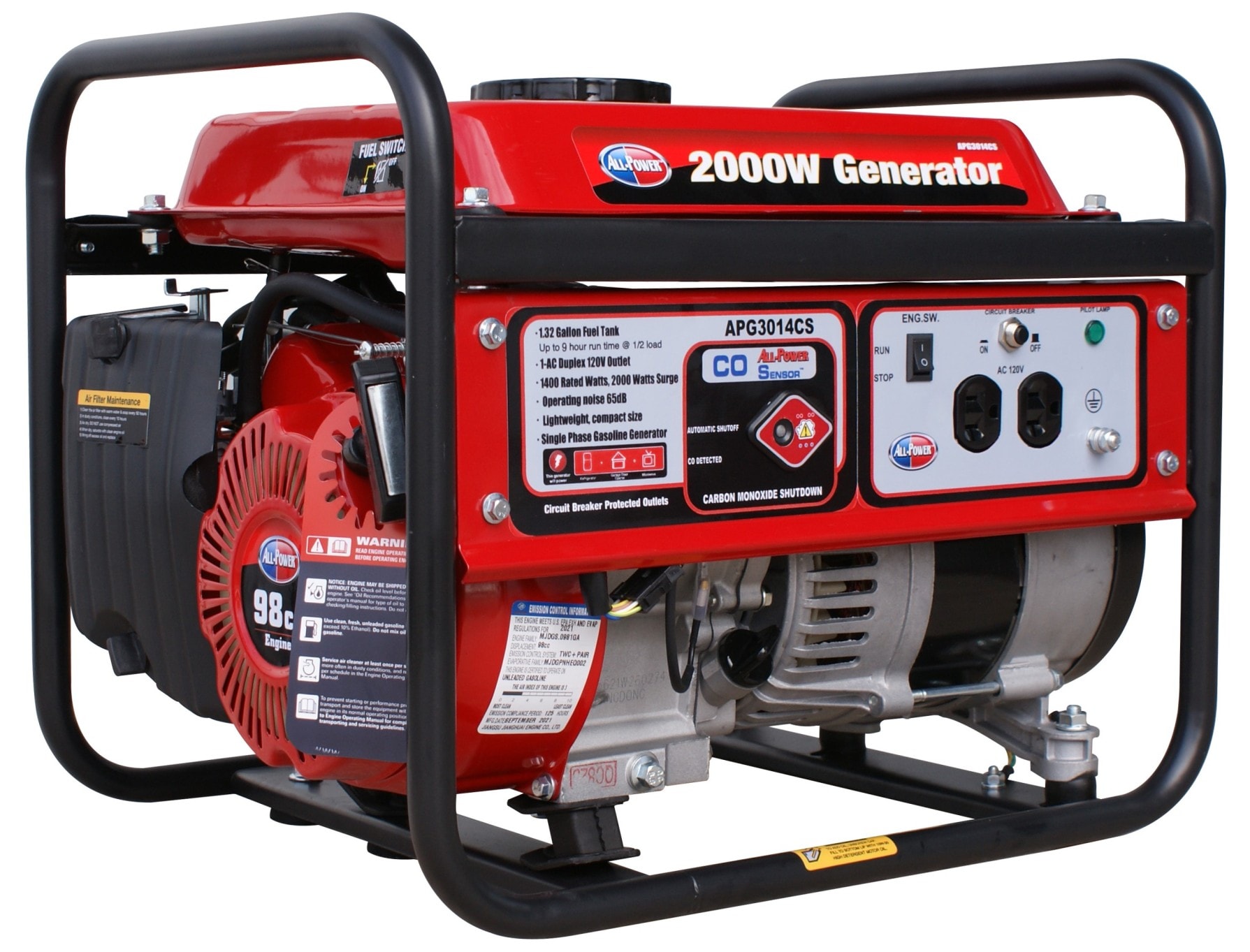
Gasoline generators are the most common type of generator, and are known for their portability and affordability. They can be used in a variety of situations, from powering a home during a power outage to providing power for camping and tailgating. They are typically powered by four-stroke gasoline engines, and can produce from 1,000 to 10,000 watts of electricity.
Advantages
The main advantage of gasoline generators is their portability and affordability. They are relatively easy to transport, and can be used in a variety of locations. Additionally, gasoline is widely available and relatively inexpensive.
Disadvantages
Gasoline generators are noisy, and can be difficult to start in cold weather. Additionally, they require regular maintenance and fuel storage, as gasoline can degrade over time.
Diesel Generators
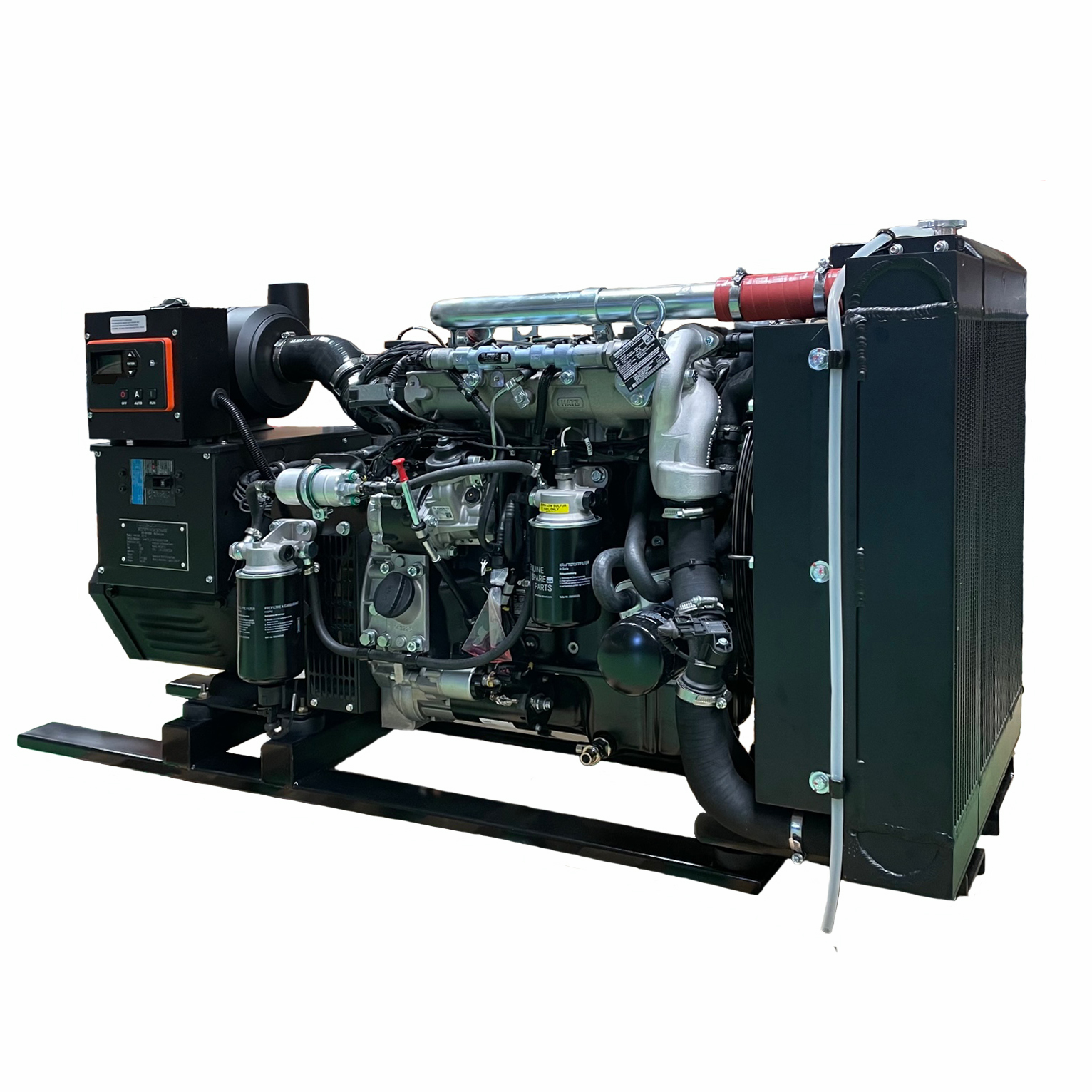
Diesel generators are known for their reliability and efficiency. They are typically more powerful than gasoline generators, and can produce from 1,000 to 20,000 watts of electricity. Diesel is considered to be a more reliable fuel than gasoline, and is more efficient in terms of fuel consumption.
Advantages
The main advantages of diesel generators are their reliability and efficiency. Diesel is more reliable than gasoline, and is more efficient in terms of fuel consumption. Additionally, diesel generators are typically more powerful than gasoline generators.
Disadvantages
The main disadvantage of diesel generators is their cost. Diesel generators are typically more expensive than gasoline generators, and require more maintenance. Additionally, diesel fuel can be more expensive than gasoline.
Natural Gas Generators
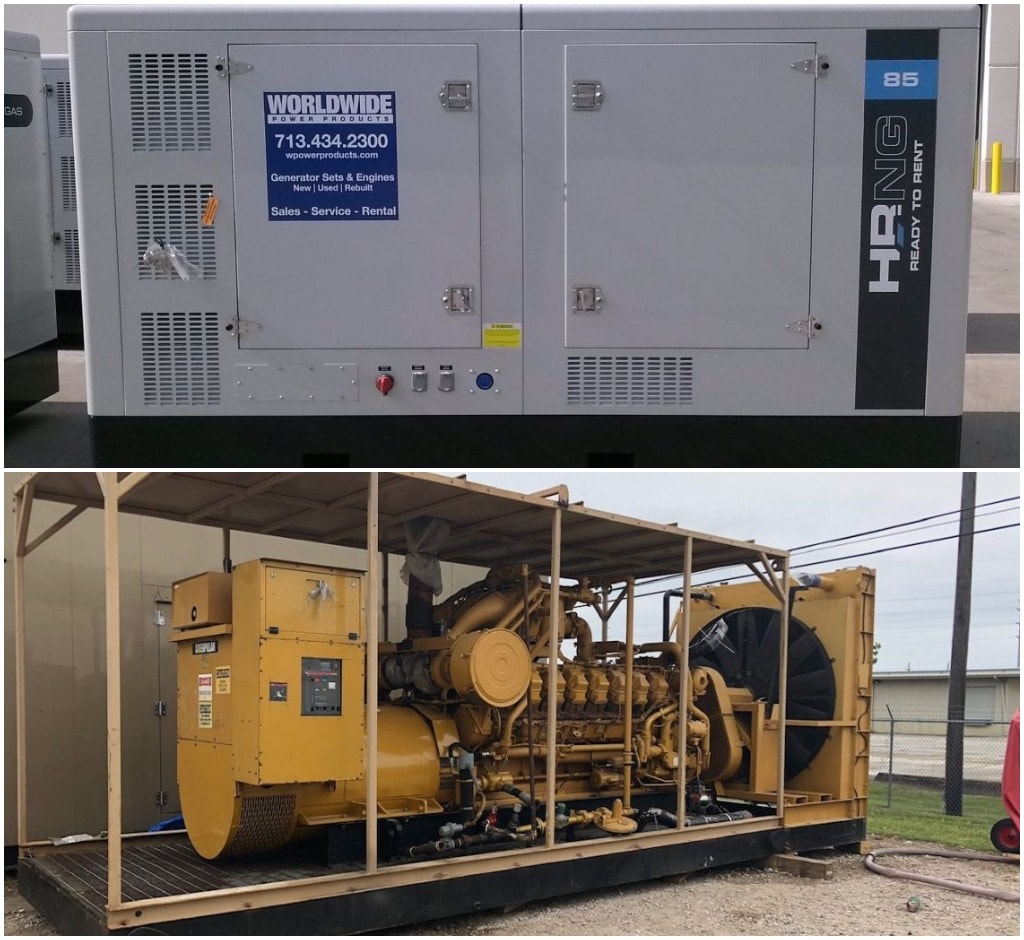
Natural gas generators are powered by natural gas, and can produce from 1,000 to 20,000 watts of electricity. Natural gas is a clean burning fuel, and natural gas generators are known for their efficiency and reliability.
Advantages
The main advantages of natural gas generators are their efficiency and reliability. Natural gas is a clean burning fuel, and natural gas generators are more efficient than gasoline or diesel generators. Additionally, natural gas is generally more reliable than gasoline or diesel.
Disadvantages
The main disadvantage of natural gas generators is their cost. Natural gas generators are typically more expensive than gasoline or diesel generators, and require more maintenance. Additionally, natural gas may not be readily available in some areas.
Advantages of Petrol Generator
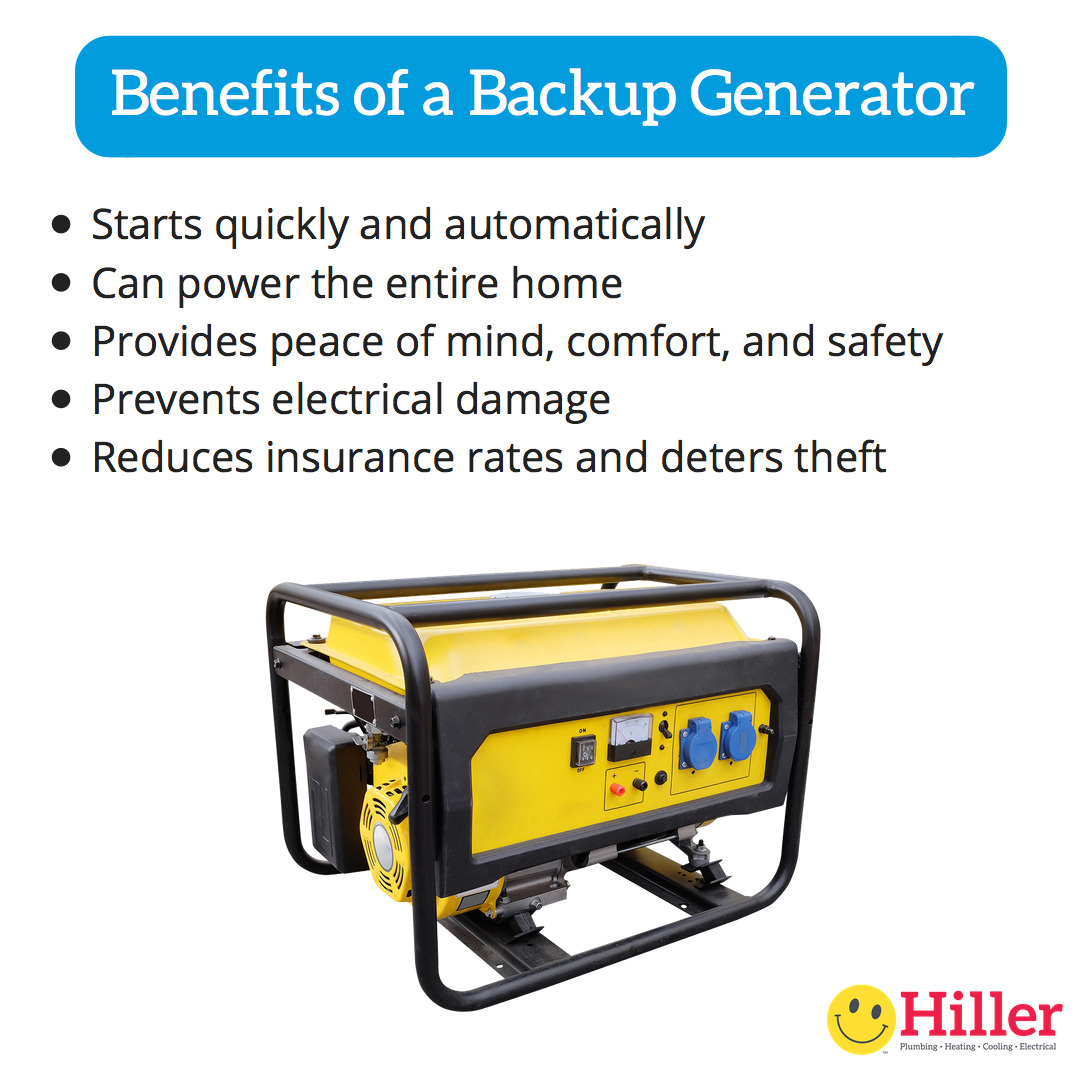
- Cost-effective: Petrol generators are more affordable than diesel and natural gas models.
- Portable: Petrol generators are usually lightweight and compact, making them easy to transport.
- Ease of use: Petrol generators are easy to start up and require minimal maintenance.
- High power output: Petrol generators are capable of producing higher amounts of power compared to other types of generators.
- Durability: Petrol generators are designed to be durable and long-lasting, making them ideal for long-term use.
Fuel Consumption of Petrol Generator
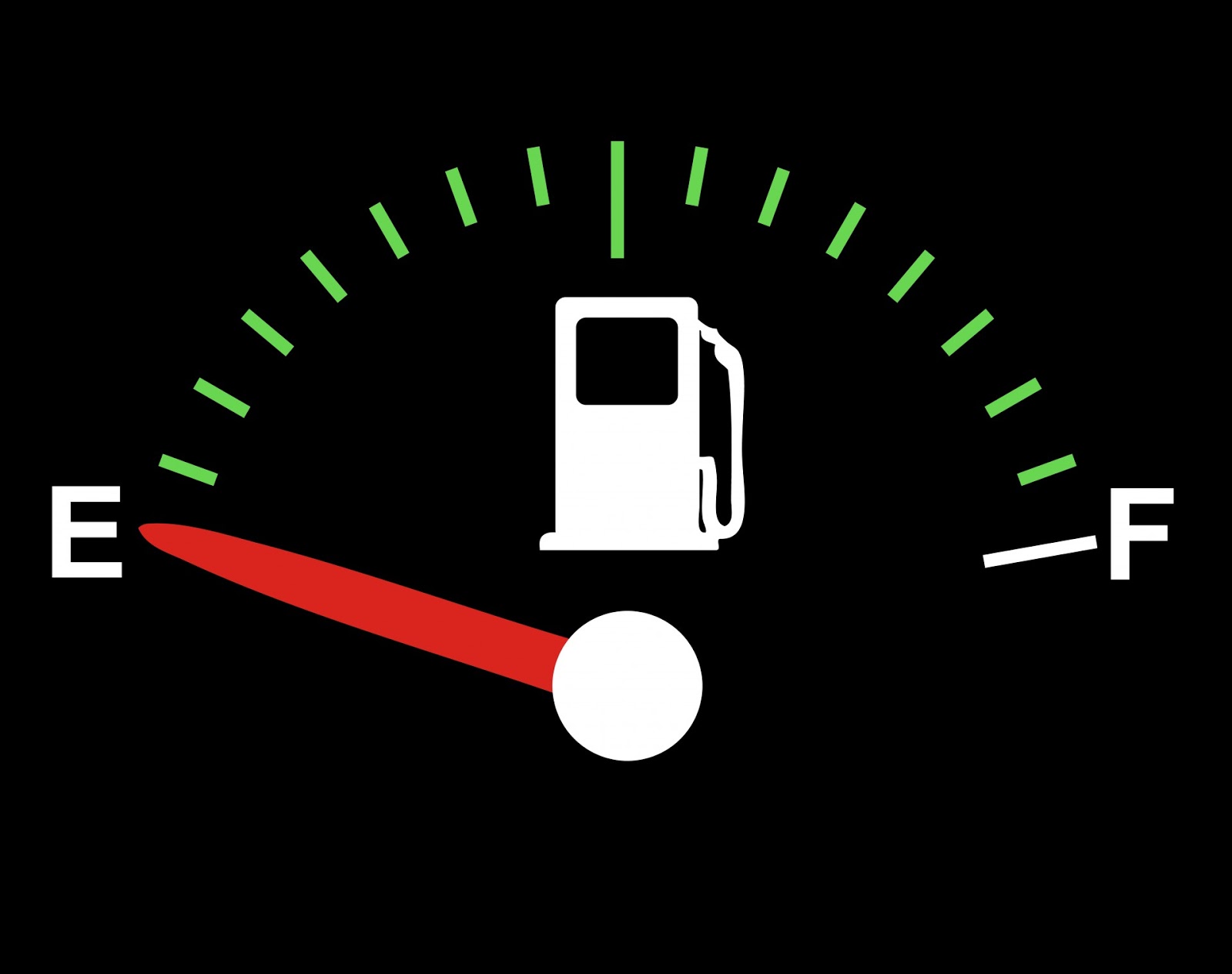
- The fuel consumption of a petrol generator is dependent on its size and power output.
- Smaller generators typically require less fuel, while larger generators require more fuel.
- The amount of electricity generated is also dependent on the fuel consumption of the generator.
- Fuel consumption can vary depending on the type of generator and the type of fuel used.
- The fuel consumption of petrol generators is usually higher than diesel generators.
- Fuel consumption is also affected by the load and the type of operation.
- The fuel consumption of a petrol generator will be higher when running at full load compared to running at a lower load.
- The fuel consumption of a petrol generator is also affected by the ambient temperature and other environmental factors.
Maintenance of Petrol Generator
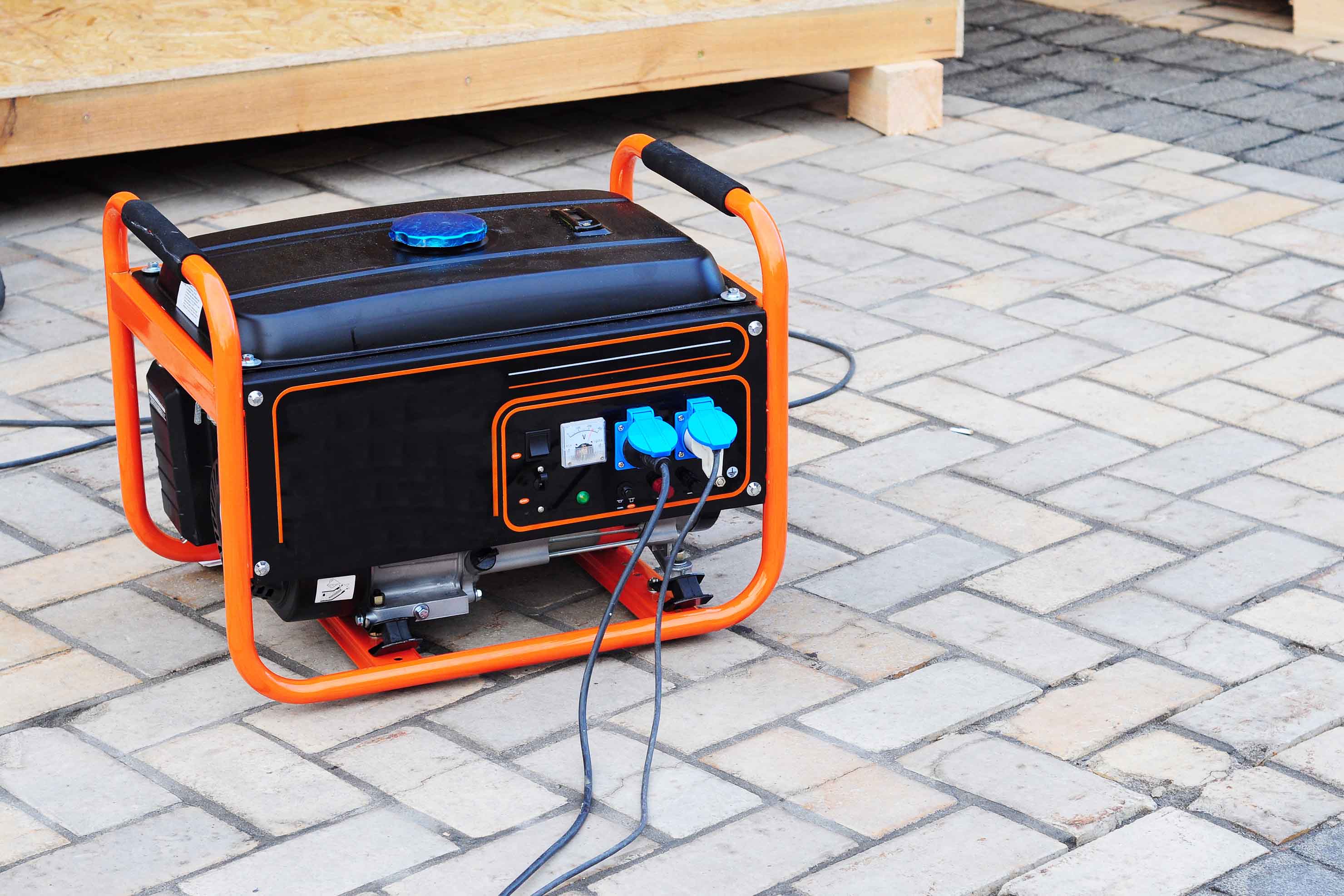
Regular maintenance and servicing of petrol generators is essential for ensuring their long-term performance. To keep your generator running at its best, it should be serviced at least once a year, or more frequently if used regularly. Here are some simple steps to help you maintain your petrol generator.
First, check the oil level and replace the oil if needed. The engine should be oiled regularly to ensure it runs smoothly and does not overheat. It is also important to check for any signs of wear and tear, such as oil leaks, and replace any components that are worn or broken.
Second, inspect the air filter and replace it if it is clogged or worn. The air filter helps to ensure that the engine is free from dust and dirt and prevents internal engine damage.
Third, check the spark plug and replace it if necessary. The spark plug is responsible for igniting the fuel in the cylinder, so if it fails to spark, the engine won’t be able to start.
Fourth, check the fuel line and fuel filter for any signs of blockage or leaks. If these components are blocked or leaking, it could lead to poor engine performance.
Finally, check the battery and charging system to ensure they are functioning properly. The battery should be recharged periodically to ensure the generator can start and run effectively.
By following these steps, you can ensure that your petrol generator is running at its best and will remain reliable for years to come.
Safety Considerations of Petrol Generator
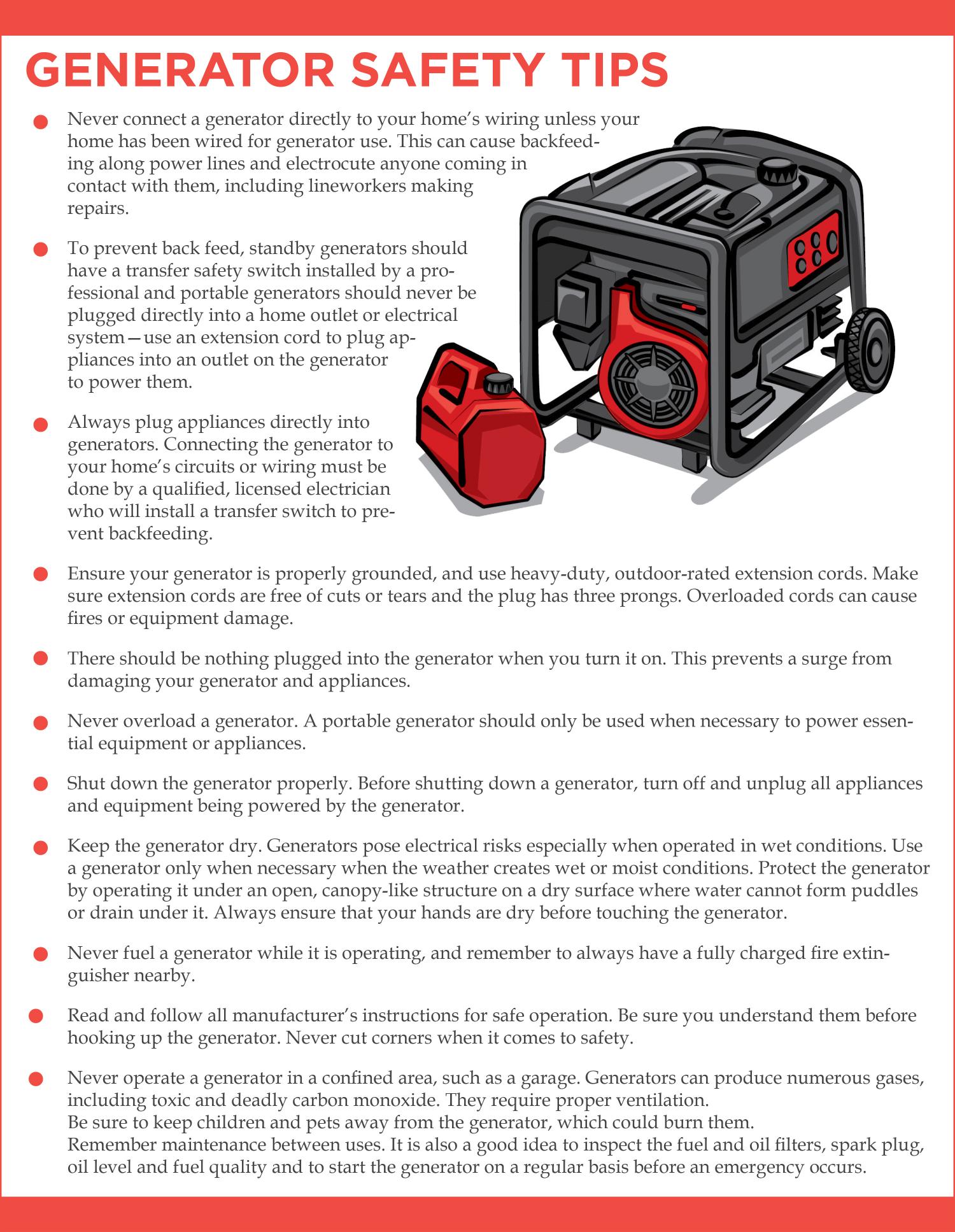
- Never operate a petrol generator indoors, as it produces poisonous carbon monoxide gas.
- Keep the generator away from any combustible material, including gasoline, oil, wood, dry leaves and paper.
- Keep the generator in a well-ventilated area, preferably in the open air.
- Avoid overloading the generator, as this can cause permanent damage.
- Check the generator regularly for any signs of wear or tear, and repair or replace any defective components.
- Always use the correct type and grade of fuel for the generator.
- Check the engine oil level and refuel the generator only when the engine is cool.
- Be sure to shut off the generator and unplug it from the power source before performing any maintenance or repairs.
- Wear protective clothing, such as gloves and safety glasses, when working on the generator.
- Be sure to keep children away from the area while the generator is in use.
Tips on Purchasing a Petrol Generator
| Tip | Description |
|---|---|
| Portability | Consider your generator’s weight and size when choosing a petrol generator. If you need to move your generator around, consider a model with wheels and handles. |
| Power | Calculate the wattage you need to power all the appliances you plan to use. This will help you choose a generator with the right wattage. |
| Fuel Consumption | Check the fuel consumption of the generator to ensure it will meet your needs. Compare models to find the best fuel efficiency. |
| Noise Level | Look for a generator with a low noise level. This will ensure that you are not disturbing your neighbors or other people when you use it. |
| Durability | Choose a generator with a durable engine and casing. This will ensure that your generator will last for many years. |
| Maintenance | Make sure you are able to service your generator regularly to ensure it is running optimally. Check the user manual for maintenance instructions. |
When purchasing a petrol generator, it is important to consider the portability, power, fuel consumption, noise level, durability, and maintenance of the generator. Make sure to do your research and compare models to find the best one for your needs.
Comparison of Petrol Generator to Alternatives
Petrol generators offer a number of advantages over other alternative power sources. They are typically more powerful than other generators, able to output up to 10,000 watts of power. This makes them ideal for powering large appliances, such as air conditioners, that require a lot of power. Petrol generators also have a much longer running time than other generators, allowing them to run for up to 8 hours on a single tank of fuel, depending on the model. This makes them an ideal choice for camping trips, or other extended periods of use. Petrol generators are also relatively inexpensive and easy to maintain, making them a popular choice for people who are looking for a reliable power source.
In comparison to solar power, petrol generators are much more powerful and able to provide a steady source of power in any conditions. Solar power requires a lot of sunlight to be effective, and does not provide consistent power in cloudy weather. Solar power is also often limited by the size of the solar panel array, meaning that it can only provide a limited amount of power.
Compared to wind power, petrol generators are more reliable and able to provide a steady source of power, even in areas where wind is not reliable. Wind power requires consistent wind speeds to be effective, and can be unreliable in areas with inconsistent wind speeds. Additionally, wind turbines require a large amount of space to be installed, making them impractical for some applications.
Overall, petrol generators are a reliable and cost-effective power source, providing a steady supply of power in any conditions. They are easy to maintain and relatively inexpensive, making them an ideal choice for people who are looking for a reliable power source.
Frequently Asked Questions
What is a Petrol Generator?
A petrol generator is an electrical generator powered by a petrol engine. It produces electrical energy by converting mechanical energy generated by the engine. Petrol generators are most commonly used as a backup power source in homes and businesses in order to provide temporary power in case of a power outage. They can also be used to provide power to remote locations or for recreational purposes such as camping.
What are the Advantages of a Petrol Generator?
Petrol generators are reliable, easy to maintain, and provide a cost-effective source of power in remote areas. They are also lightweight and portable, making them ideal for camping and other outdoor activities. Petrol generators are easy to start, produce high power outputs and are not affected by extreme weather conditions. They are also quieter than diesel generators, making them suitable for residential use. Additionally, petrol generators are more fuel-efficient and less expensive than diesel generators.
How does a Petrol Generator Work?
A petrol generator works by converting mechanical energy into electrical energy. It does this by using a motor to turn the generator’s rotor and exciter windings, which generates an alternating current (AC) electrical output. This AC output is then converted to direct current (DC) using a rectifier, which provides power to the generator’s electrical outlets. The motor is powered by a combustion engine, which is fuelled by petrol. The petrol is combusted, creating a force which drives the generator’s crankshaft, turning the motor and creating the electricity output.
What is the Difference Between Petrol and Petrol Generators?
Petrol generators use petrol to generate electricity while diesel generators use diesel fuel. Petrol generators are usually smaller in size, have lower power output, and run at a higher rpm than diesel generators. They are also more economical to run, but are more prone to engine damage due to the increased combustion rate. Diesel generators are heavier, have higher power output, and run at lower rpm than petrol generators. They are also more expensive to run, but are more reliable and durable.
What are the Safety Considerations when Using a Petrol Generator?
When using a petrol generator, it is important to take safety precautions to avoid potential hazards. Ensure the generator is placed on a firm, level surface, away from any combustible materials and out of the reach of children. In addition, use an approved fuel container to store and transport fuel. Always keep the generator in a well-ventilated area, and do not overfill the fuel tank. Lastly, never run a petrol generator inside an enclosed area and make sure to read the manual for proper operation instructions.
Conclusion
Petrol generators have been a reliable source of power for decades. They are an easy to use and cost-effective way to generate power in emergency situations, as well as when used for camping, construction, and other outdoor activities. Petrol generators are available in a wide range of sizes and power outputs, making it easy to find the right generator for your needs. They are also relatively easy to maintain, meaning you can count on your generator for years of reliable power.

